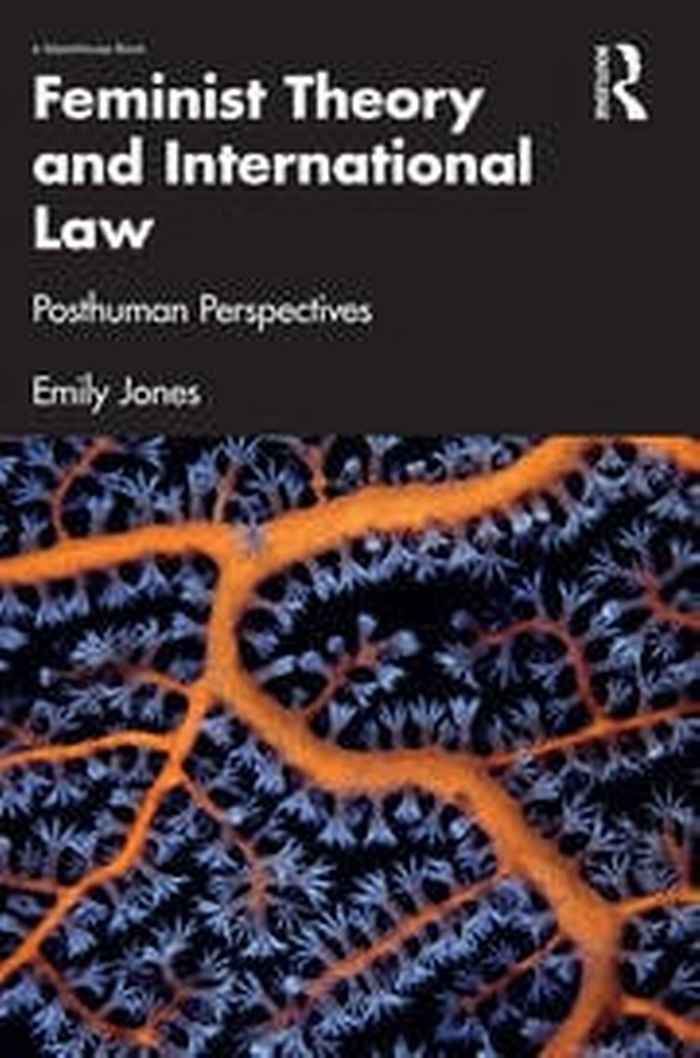(Posthuman) Feminist approaches to International Environmental Law and the Rights of Nature
- Date
- 22 January 2024
- Time
- 15:30 -17:00
- Location
- Roeterseilandcampus - building A
- Room
- A3.15

Feminist Theory and International Law
Feminist approaches to international law have been mischaracterised by the mainstream of the discipline as being a niche field that pertains only to women’s lived experiences and their participation in decision-making processes. In her book, “Feminist Theory and International Law: Posthuman Perspectives”, Dr Emily Jones exemplifies how feminist approaches can be used to analyse all areas of international law. The book applies posthuman feminist theory to examine the regulation of new and emerging military technologies, international environmental law, the rights of nature and the conceptualisation of the sovereign state and other modes of legal personality in international law.
In this SGEL event, Emily Jones enters into a conversation with one of the most prominent feminist international legal scholars and ICJ judge, Professor Hilary Charlesworth, and with our very own (UvA) Associate Professor of Sustainability Law and renowned expert in Climate Justice, Dr Margaretha Wewerinke-Singh about International Environmental Law and the Rights of Nature from (posthuman) feminist perspectives. Lara Talsma will chair the conversation.
In the conversation, they zoom in on two chapters of Emily’s book:
- Chapter 4. Queering the Nonhuman: Engaging International Environmental Law and
- Chapter 5. The Subjectivity of Matter: The Rights of Nature in International Law.
Posthuman feminism to call for legal change
In her interdisciplinary book – drawing on an array of fields, including philosophy, queer and feminist theories, postcolonial and critical race theories, computer science, critical disability studies, science and technology studies, marine biology, cultural and media studies, Indigenous onto-epistemologies, critical legal theory, political science and beyond – Emily works to bridge the theory and practice divide, by using posthuman feminism to call for legal change. Her holistic approach allows for a thorough analysis of international law and its inclusions and exclusions.
